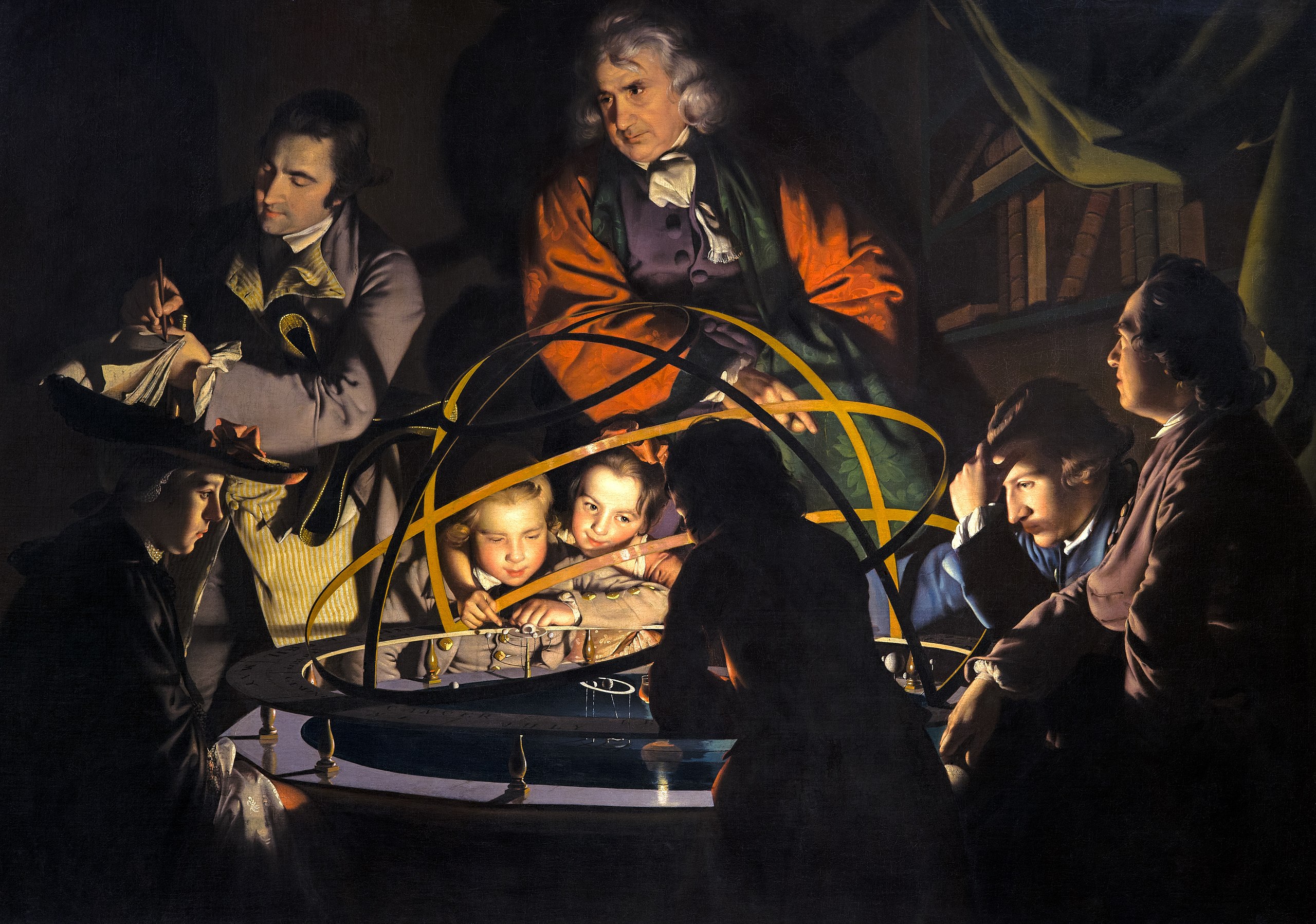khakisofirvington.com – The European Enlightenment, a profound intellectual and cultural movement, took place primarily during the 17th and 18th centuries. Often referred to as the “Age of Reason,” it marked a pivotal transformation in European thought, influencing various domains such as politics, science, philosophy, and society at large.
Origins and Development
The Enlightenment’s roots can be traced back to the scientific revolution of the 16th and 17th centuries, which challenged traditional views and emphasized reason, observation, and empirical evidence. Key figures like Isaac Newton and Galileo Galilei laid the groundwork for Enlightenment thinkers. Philosophers such as John Locke, Voltaire, and Immanuel Kant further developed these ideas, advocating for reason, liberty, and the scientific method.
Major Thinkers and Ideas
John Locke
John Locke, an English philosopher, was instrumental in shaping Enlightenment thought with his theories on government and human understanding. He argued for the idea of a social contract and natural rights, which profoundly influenced political systems in Europe and the Americas.
Voltaire
Voltaire, a French writer and philosopher, was known for his wit and criticism of the Catholic Church and French institutions. He championed freedom of speech and religion, which became cornerstones of modern democratic societies.
Immanuel Kant
Immanuel Kant, a German philosopher, explored the limits of human understanding and reason. His work “Critique of Pure Reason” questioned the ability of human beings to know the world through reason alone, emphasizing the role of experience.
Impact on Society
Political Influence
The Enlightenment significantly influenced political thought, contributing to the development of modern democratic systems. Its principles helped shape key historical events, such as the American Revolution and the French Revolution, by promoting ideals of liberty, equality, and fraternity.
Scientific Advancements
The period saw rapid advancements in scientific knowledge and methodology. The emphasis on empirical evidence and reason laid the foundation for modern sciences, encouraging exploration and innovation.
Cultural and Artistic Movements
The Enlightenment fostered a spirit of inquiry and skepticism, which was reflected in the arts and literature of the time. It encouraged a move away from religious and royal patronage towards more secular and individualistic expressions.
Conclusion
The European Enlightenment was a transformative era that reshaped the intellectual landscape of Europe and beyond. Its impact on political systems, scientific progress, and cultural developments continues to influence contemporary society, underscoring the enduring legacy of reason and knowledge.
